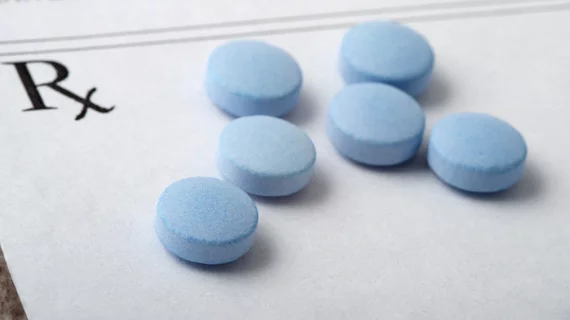HHS will not push rebate rule forward
A proposed rule to eliminate drug rebates will not be pushed through. However, President Trump could still take on the pharmaceutical industry in other ways.
Axios first reported the news the rule was dead Thursday.
HHS previously proposed lowering prescription drug prices by encouraging drug manufacturers to pass discounts to patients rather than through pharmacy benefit managers (PBMs).
“Based on careful analysis and thorough consideration, the President has decided to withdraw the rebate rule," White House spokesman Judd Deere said in a statement to Axios. "President Trump will consider using any and all tools to ensure that prescription drug costs will continue to decline.”
Eliminating the drug rebate system could have possibly brought more transparency to the opaque process of drug distribution. The rule had the potential to have several consequences, including raising Medicare Part D premiums for seniors, according to a report from the Congressional Budget Office.
The pharma industry was largely in support of the rule, and the industry has placed blame on PBMs for higher drug prices when the issue has been in the public eye for the last several years. At the same time, PBMs have blamed health insurers for charging high prices.

